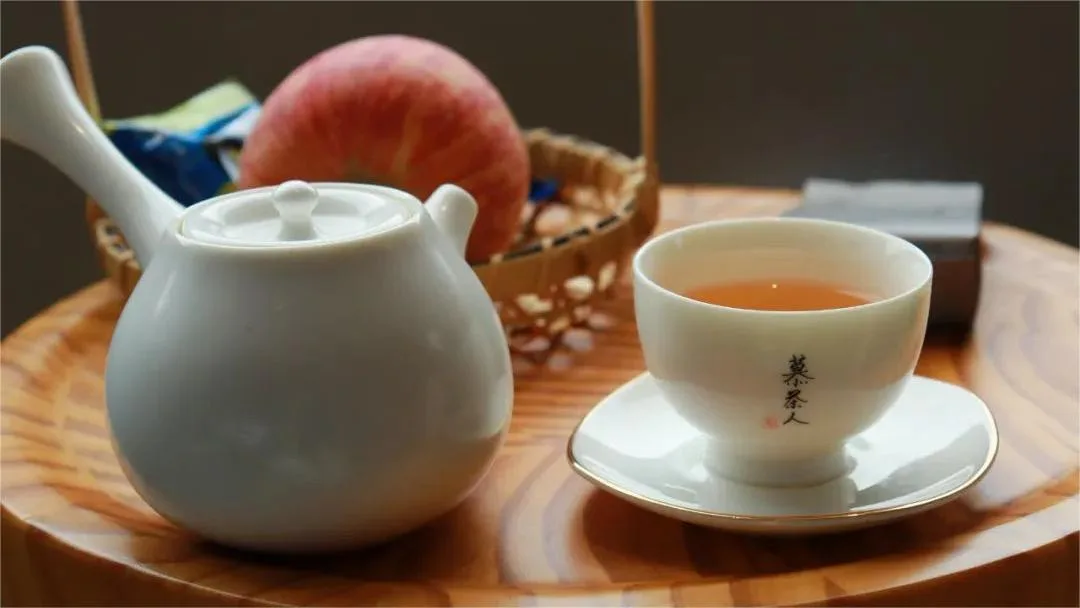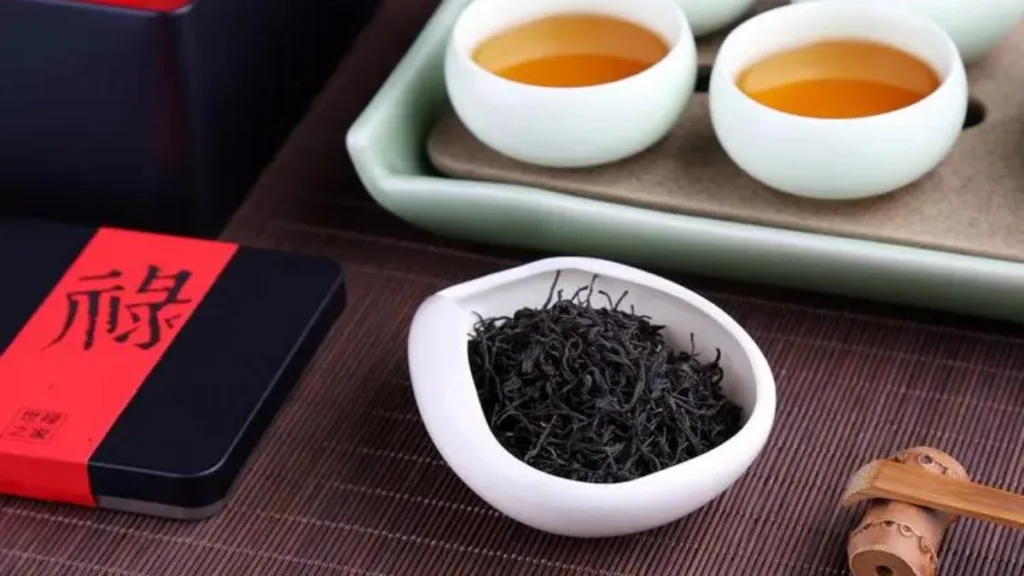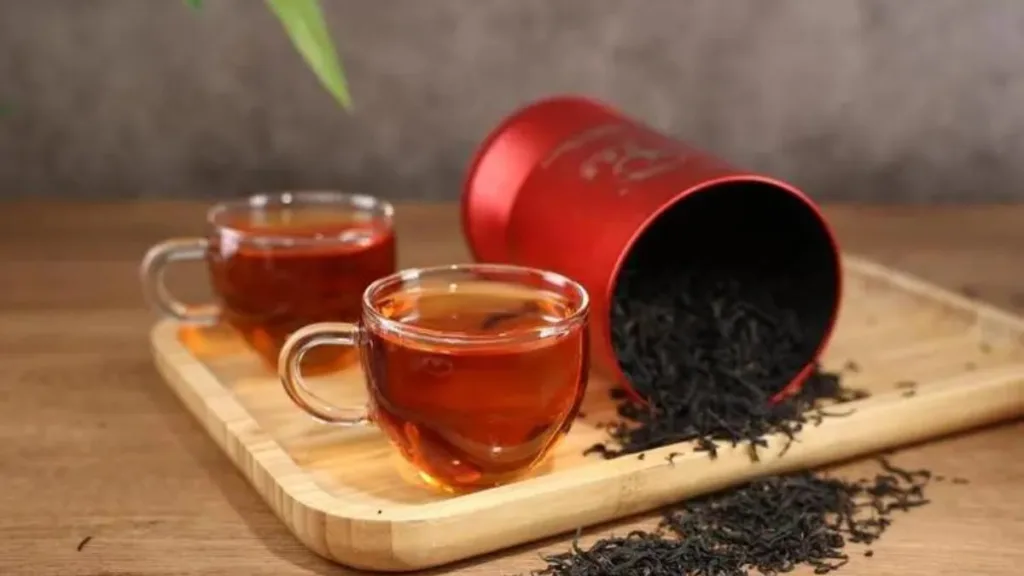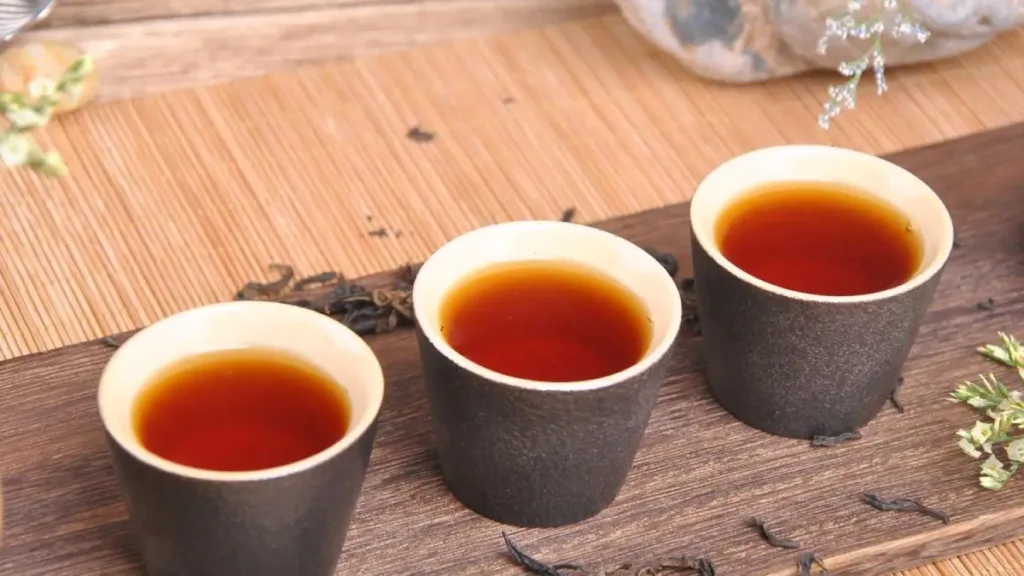Drinking black tea may lead to teeth staining, but it’s not an absolute certainty. The pigments and tannins found in black tea can deposit on the surface of teeth during consumption, potentially causing discoloration. Understanding the impact of drinking black tea on teeth involves considering a few key points:
Pigments and Tannins: The pigments and tannins in black tea are the primary culprits behind teeth yellowing. These substances easily deposit on the tooth surface during consumption, forming dental plaque and gradually causing teeth to yellow.
Drinking Habits: The frequency and quantity of black tea consumption can also influence the color of teeth. Long-term and excessive consumption of black tea may lead to more pronounced pigment deposits on the tooth surface. It’s advisable to consume black tea in moderation and maintain good oral hygiene by cleaning teeth promptly.
Teeth Discoloration Factors: Yellowing of teeth is not solely attributed to black tea; other factors such as long-term smoking, coffee consumption, aging, water quality, etc., can also contribute to teeth discoloration.
Individual Differences: The degree to which black tea causes teeth staining varies among individuals. Different people have varying tooth structures and resistance to staining. Some individuals may experience noticeable teeth yellowing after drinking black tea, while others may not exhibit such effects. Therefore, the extent to which black tea causes teeth staining is individual-specific.
To mitigate the potential staining effects of black tea on teeth, individuals can adopt certain practices. Firstly, practicing good oral hygiene, including regular brushing and flossing, can help remove surface deposits. Secondly, limiting the frequency and quantity of black tea consumption can also reduce the risk of teeth discoloration. Additionally, seeking professional dental cleanings can aid in the removal of stubborn stains.



